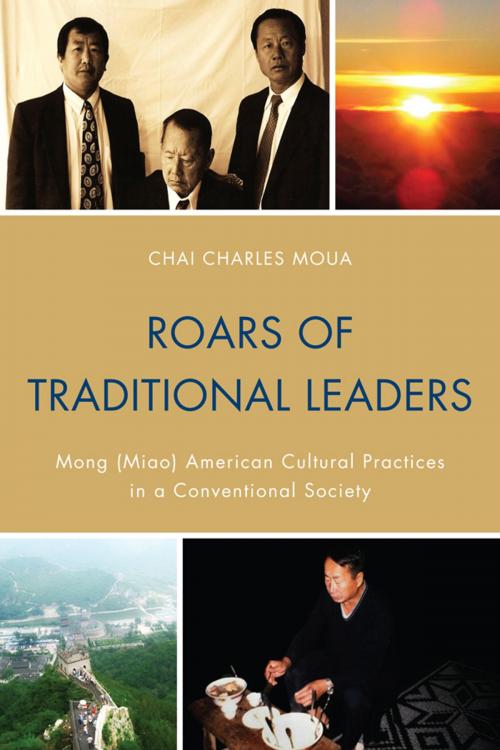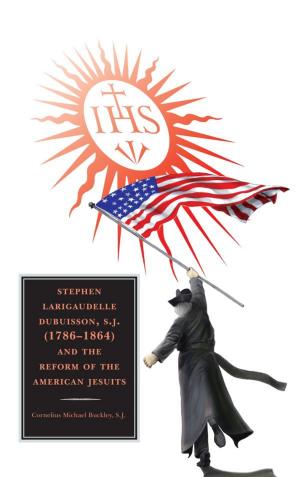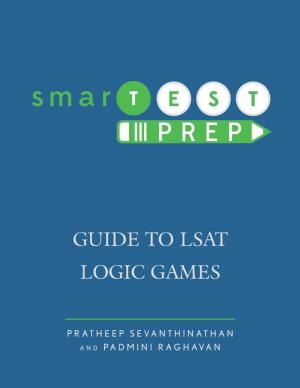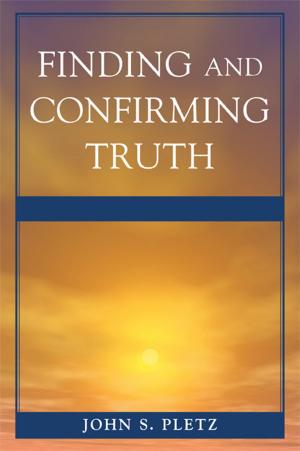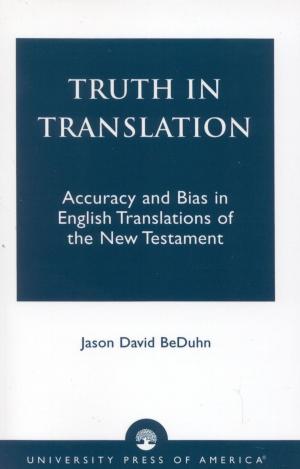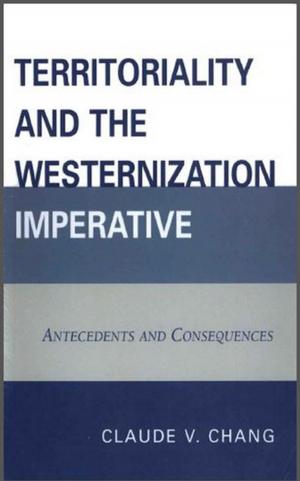Roars of Traditional Leaders
Mong (Miao) American Cultural Practices in a Conventional Society
Nonfiction, History, Asian, China, Business & Finance, Management & Leadership, Leadership| Author: | Chai Charles Moua | ISBN: | 9780761856924 |
| Publisher: | UPA | Publication: | February 16, 2012 |
| Imprint: | UPA | Language: | English |
| Author: | Chai Charles Moua |
| ISBN: | 9780761856924 |
| Publisher: | UPA |
| Publication: | February 16, 2012 |
| Imprint: | UPA |
| Language: | English |
The aim of this book is to sustain the Mong cultural practices. It is based on the roaring views of fifteen Mong traditional leaders about the oral and cultural practices of the Mong people in the U.S. Maintaining the cultural legacies of a group of indigenous people such as the Mong Americans is imperative since they have more than 5,000 years of cultural traditions.
The cultural and oral practices of the Mong New Year celebration, marriage custom, and traditional funeral rituals have been challenged as a result of the Mong migration from China, often through other host countries, to the United States. The Mong traditional leaders have been the vocal voices that are influential in regard to maintaining the Mong traditional culture.
Roars of Traditional Leaders discusses this leadership role, a key component of organization development and transformation, played by contemporary leaders in the challenge of sustaining the Mong’s rich cultural traditions in America. Leaders will have to come together in the discussion of cultural practices and traditions in the century to come.
The aim of this book is to sustain the Mong cultural practices. It is based on the roaring views of fifteen Mong traditional leaders about the oral and cultural practices of the Mong people in the U.S. Maintaining the cultural legacies of a group of indigenous people such as the Mong Americans is imperative since they have more than 5,000 years of cultural traditions.
The cultural and oral practices of the Mong New Year celebration, marriage custom, and traditional funeral rituals have been challenged as a result of the Mong migration from China, often through other host countries, to the United States. The Mong traditional leaders have been the vocal voices that are influential in regard to maintaining the Mong traditional culture.
Roars of Traditional Leaders discusses this leadership role, a key component of organization development and transformation, played by contemporary leaders in the challenge of sustaining the Mong’s rich cultural traditions in America. Leaders will have to come together in the discussion of cultural practices and traditions in the century to come.
